Last women in town fight for their community’s survival as copper mine closes in
Chinese mining giant Zijin is Goliath to a band of Serbian villagers who say they will up sticks as one, or not at all, writes Marko Djurica
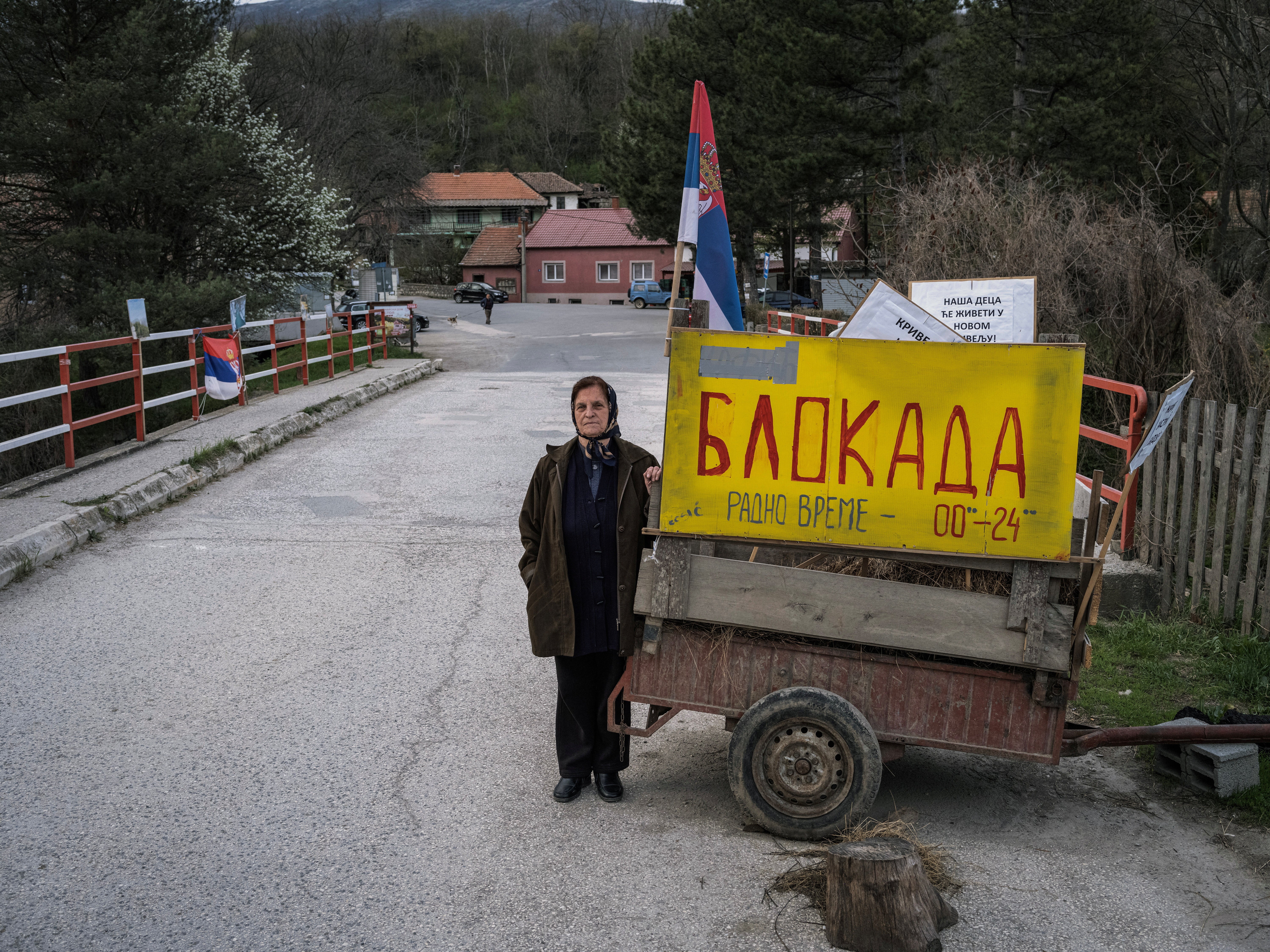
Your support helps us to tell the story
This election is still a dead heat, according to most polls. In a fight with such wafer-thin margins, we need reporters on the ground talking to the people Trump and Harris are courting. Your support allows us to keep sending journalists to the story.
The Independent is trusted by 27 million Americans from across the entire political spectrum every month. Unlike many other quality news outlets, we choose not to lock you out of our reporting and analysis with paywalls. But quality journalism must still be paid for.
Help us keep bring these critical stories to light. Your support makes all the difference.
The women are nurses, school teachers, students and homemakers. They span three generations. And they are up for a fight.
Nearly two dozen women are at the centre of a battle to relocate their village in eastern Serbia away from a copper mine that they say has polluted their land and water and ruined the surrounding countryside.
Since January, while the men of the village go to work, the women have taken turns guarding a barricade on a bridge in Krivelj to stop trucks from entering the mine, which China’s Zijin Mining operates.
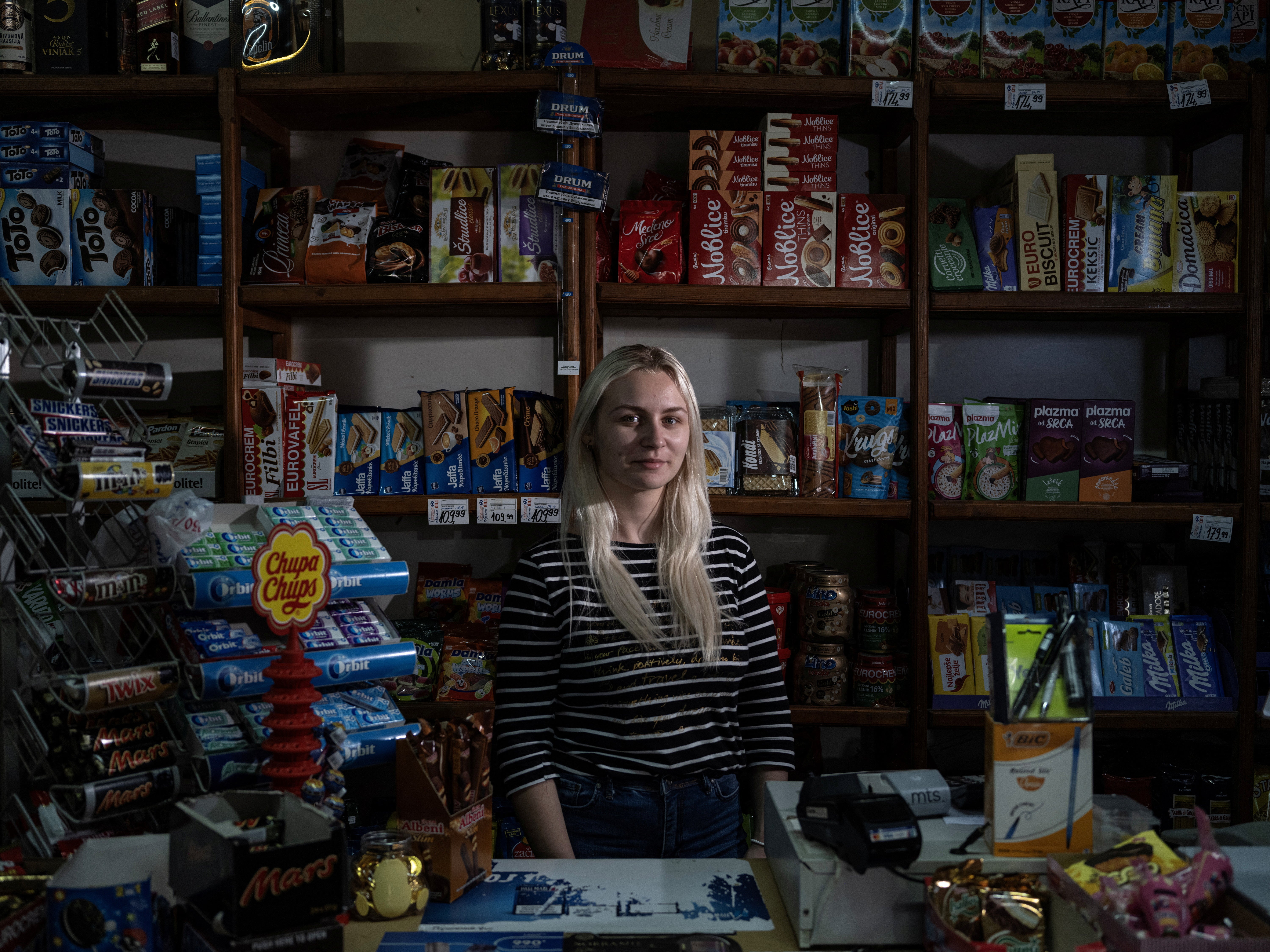
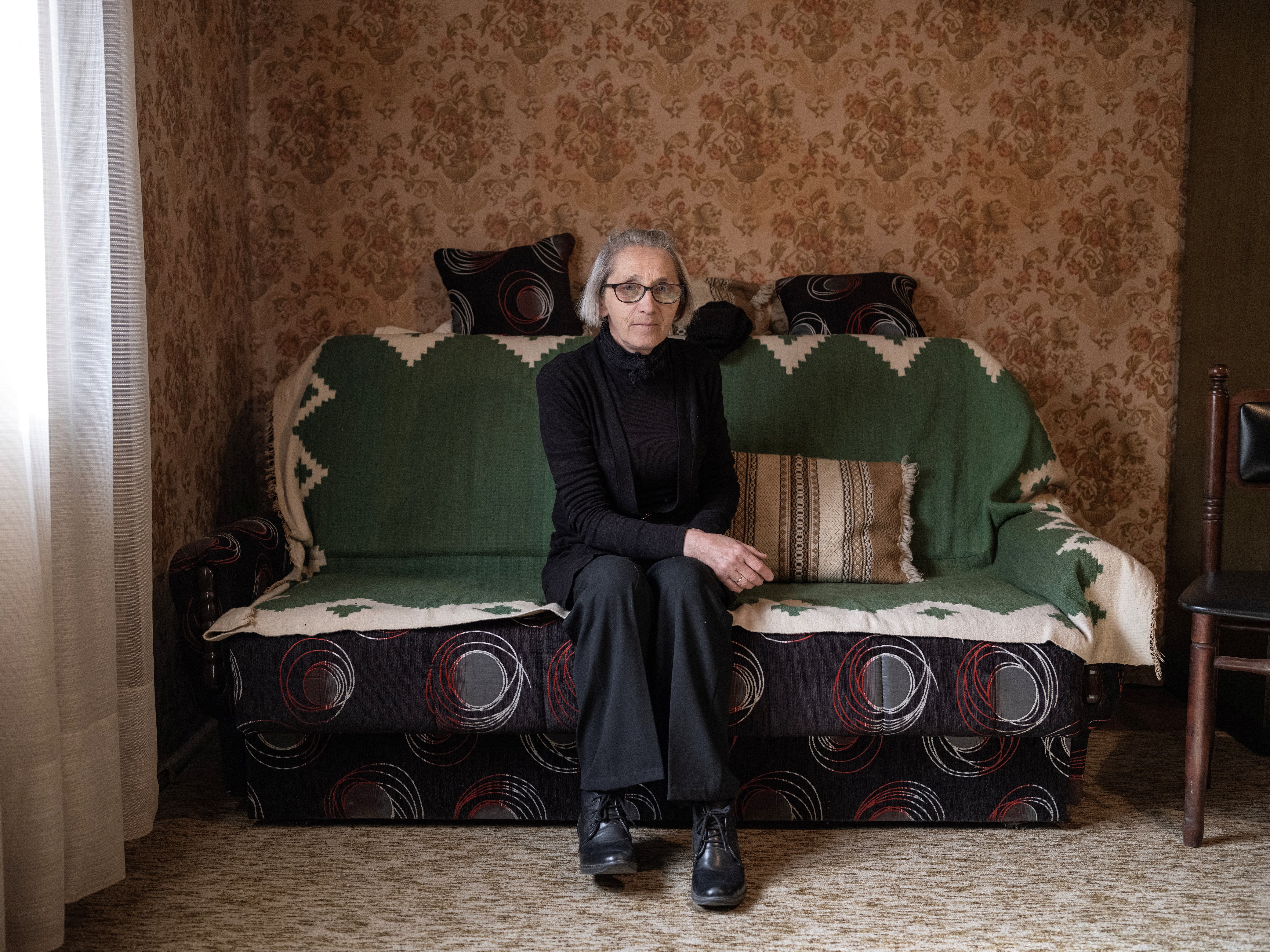
Zijin’s subsidiary, Serbia Zijin Copper, has acknowledged the problems and agreed to relocate the community.
This week, Zijin agreed to stop driving large trucks through the village. Residents temporarily lifted the blockade to allow the company to complete some work.
While the company has already relocated some villagers, the majority of the remaining population – Vlachs, Orthodox Christians who have preserved their language and customs through centuries – want to move as one.
Zijin has stated it is “dedicated to formulating relocation plans with transparency and fairness” and is in contact with all parties involved.
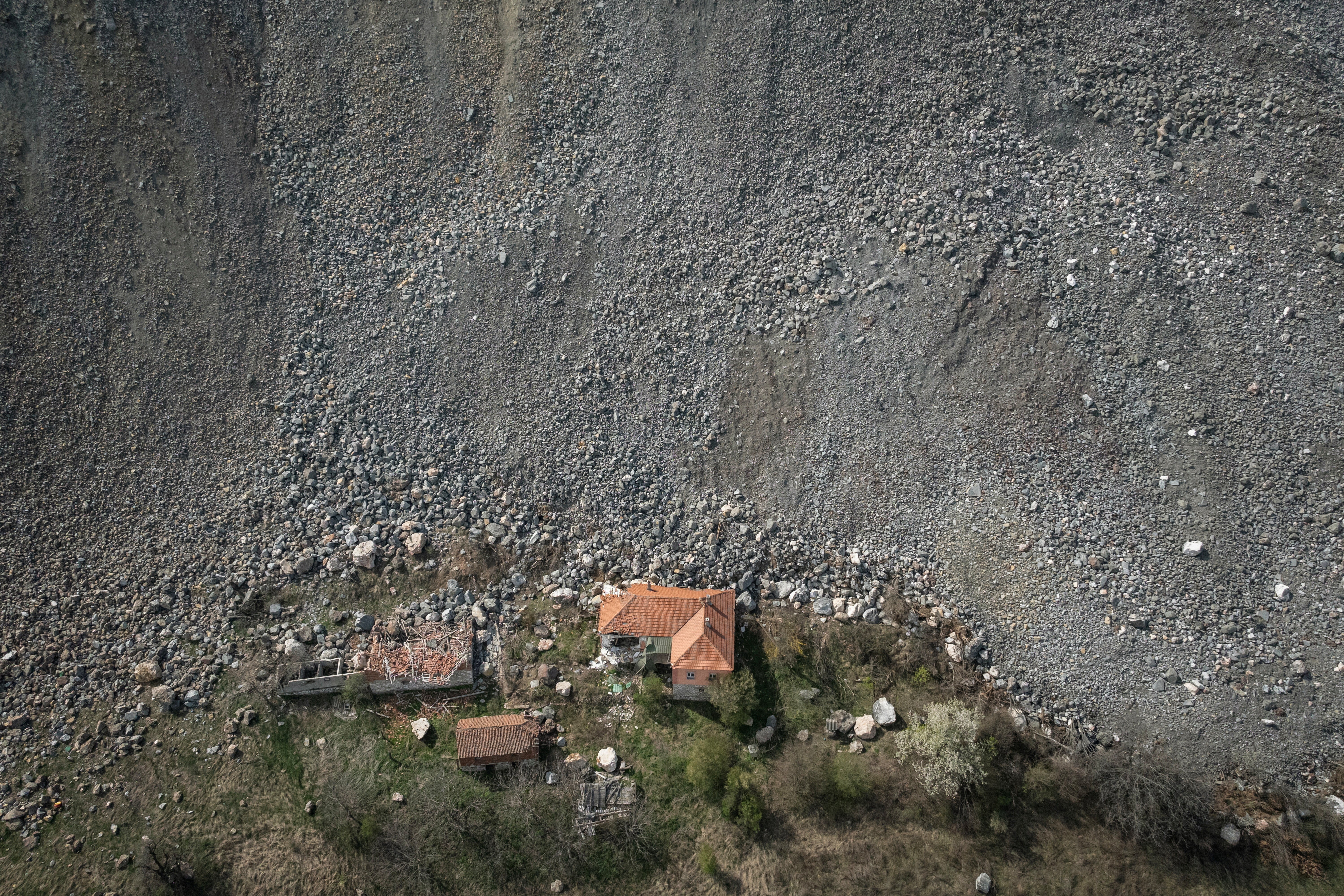
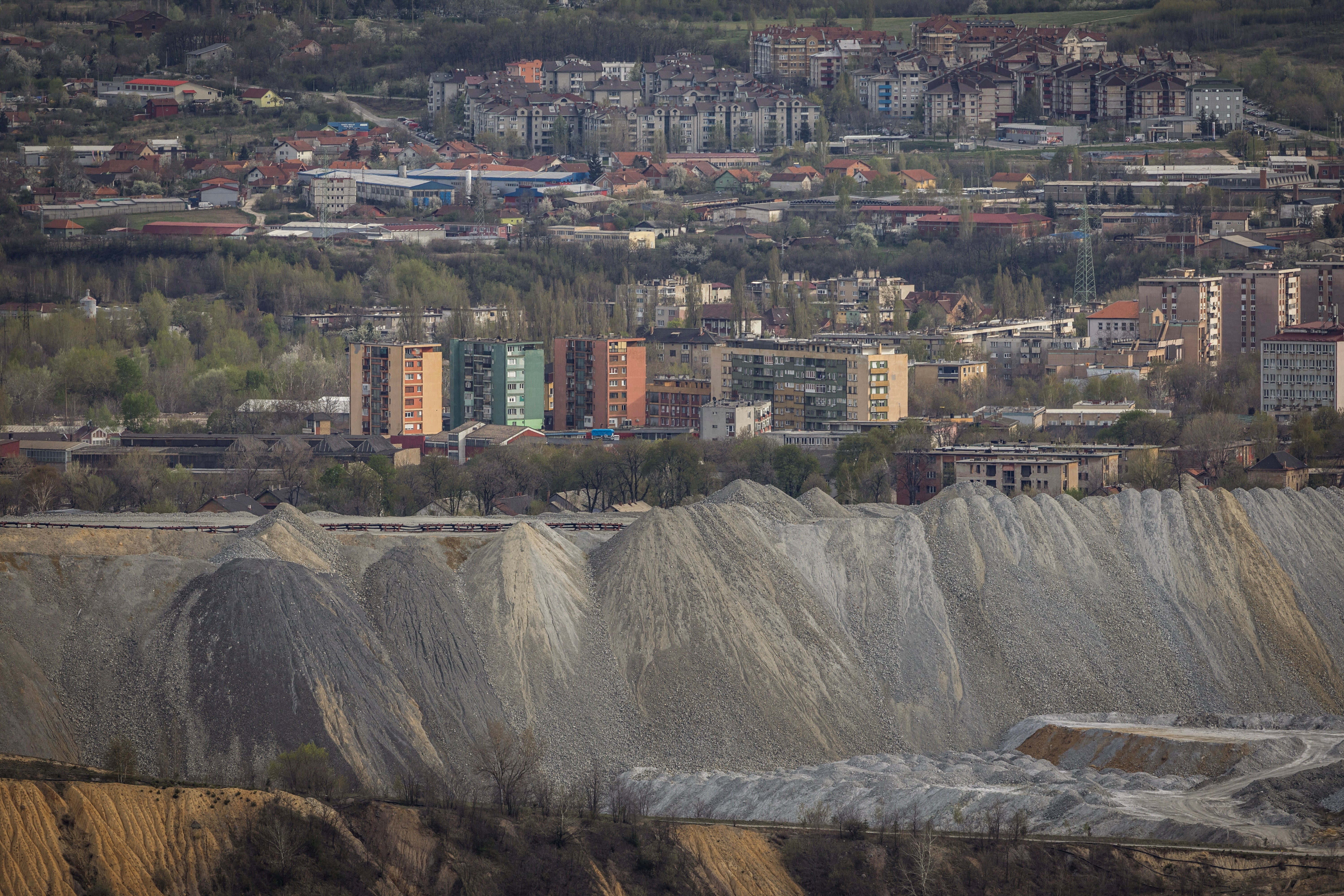
A local official said they hoped the move would be completed by the end of 2025.
“We are defending our village and houses where we were born. I feel so sorry about our beautiful village, I am not sure I will survive the move,” said Stana Jorgovanovic, a 79-year-old homemaker as she stood at the barricade.
Fifteen of the women agreed to have their portraits taken and to share their visions of the future.
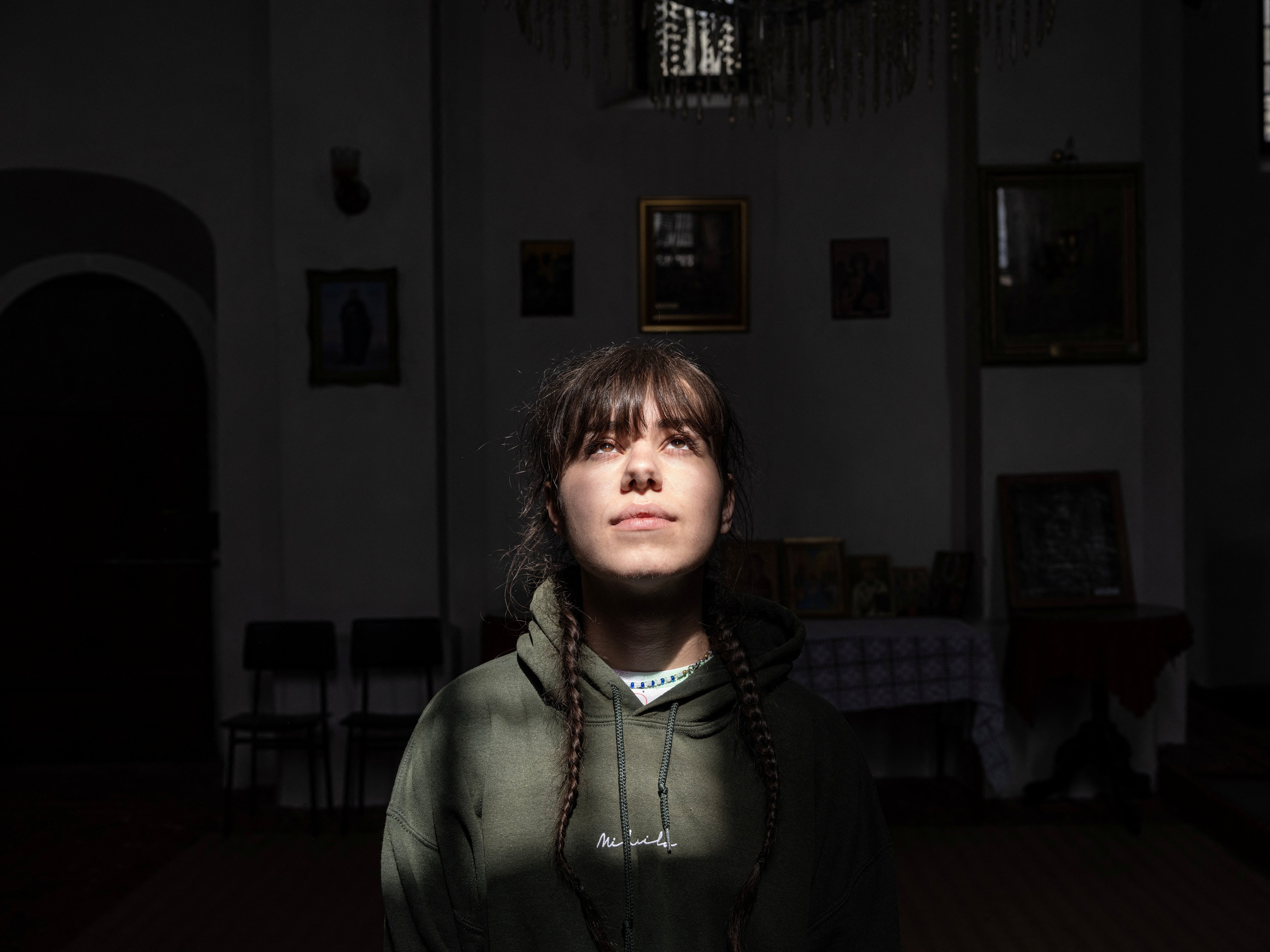
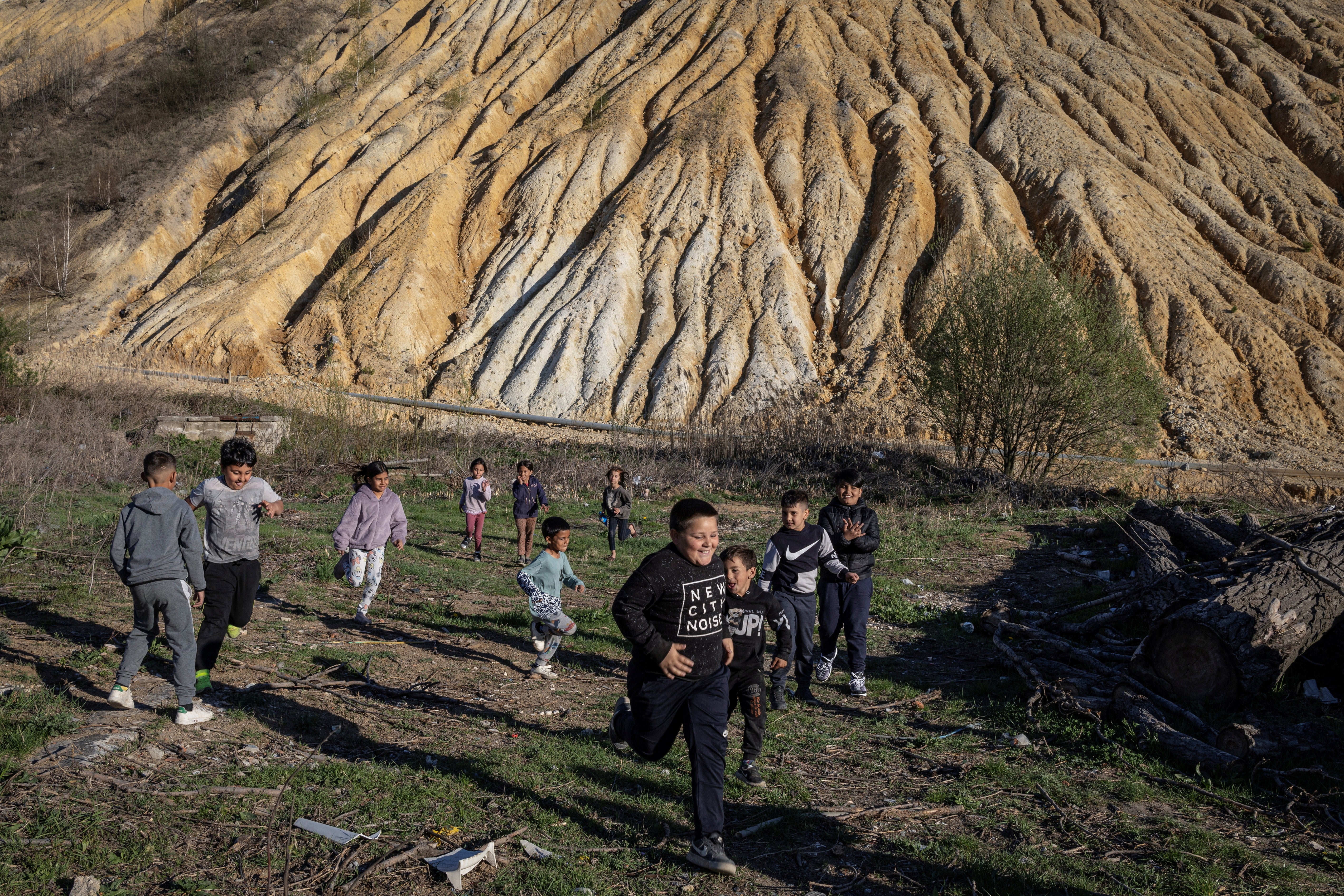
They posed in places where they said they felt safe: on the hills above the village, in their living rooms, classrooms and gardens – or at the barricade itself, one arm held high in defiance.
Some feared the trucks that shipped materials and waste to and from the mine might run over their children.
Others do not grow vegetables any more because authorities said the soil was contaminated. All are determined to make their voices heard.
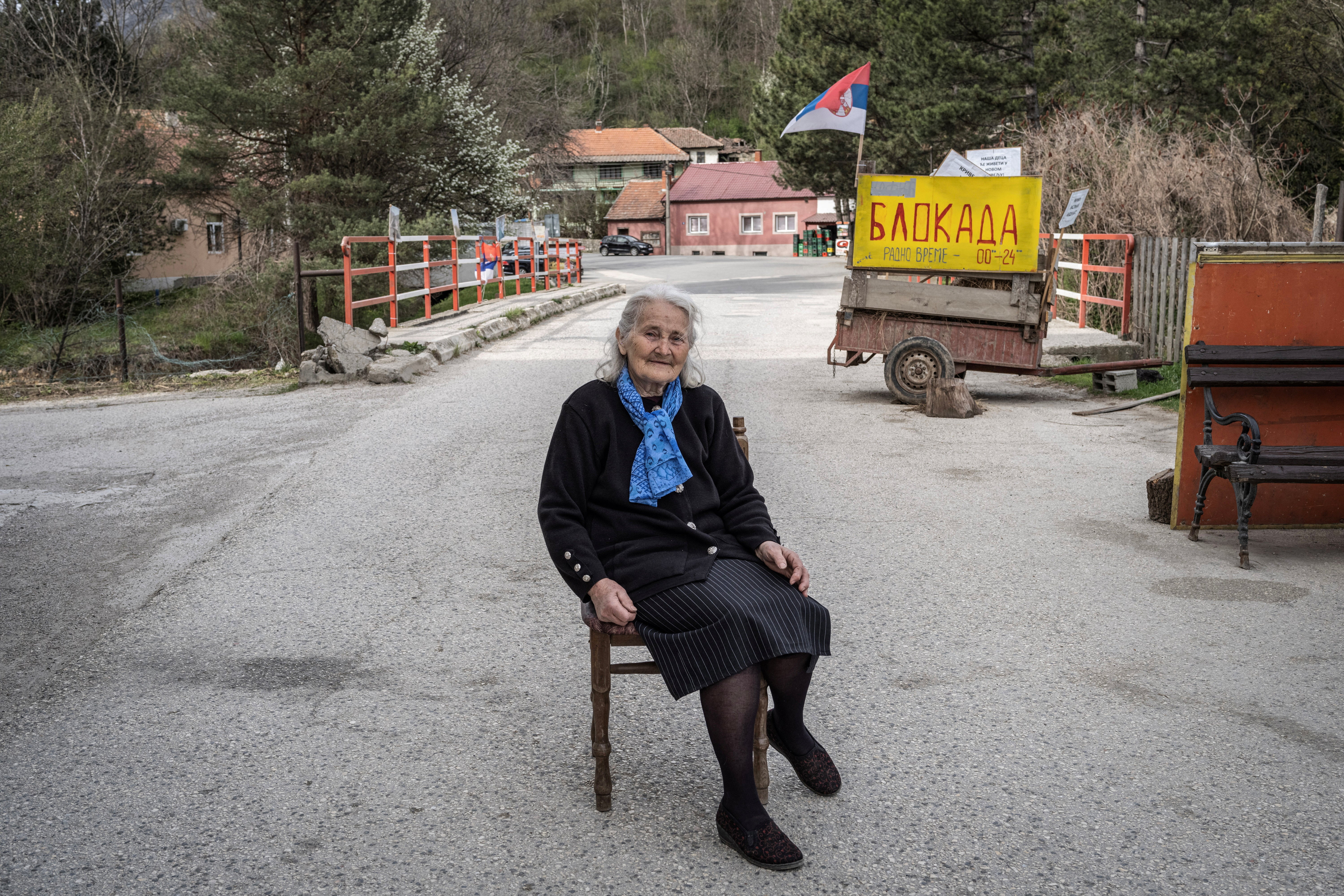
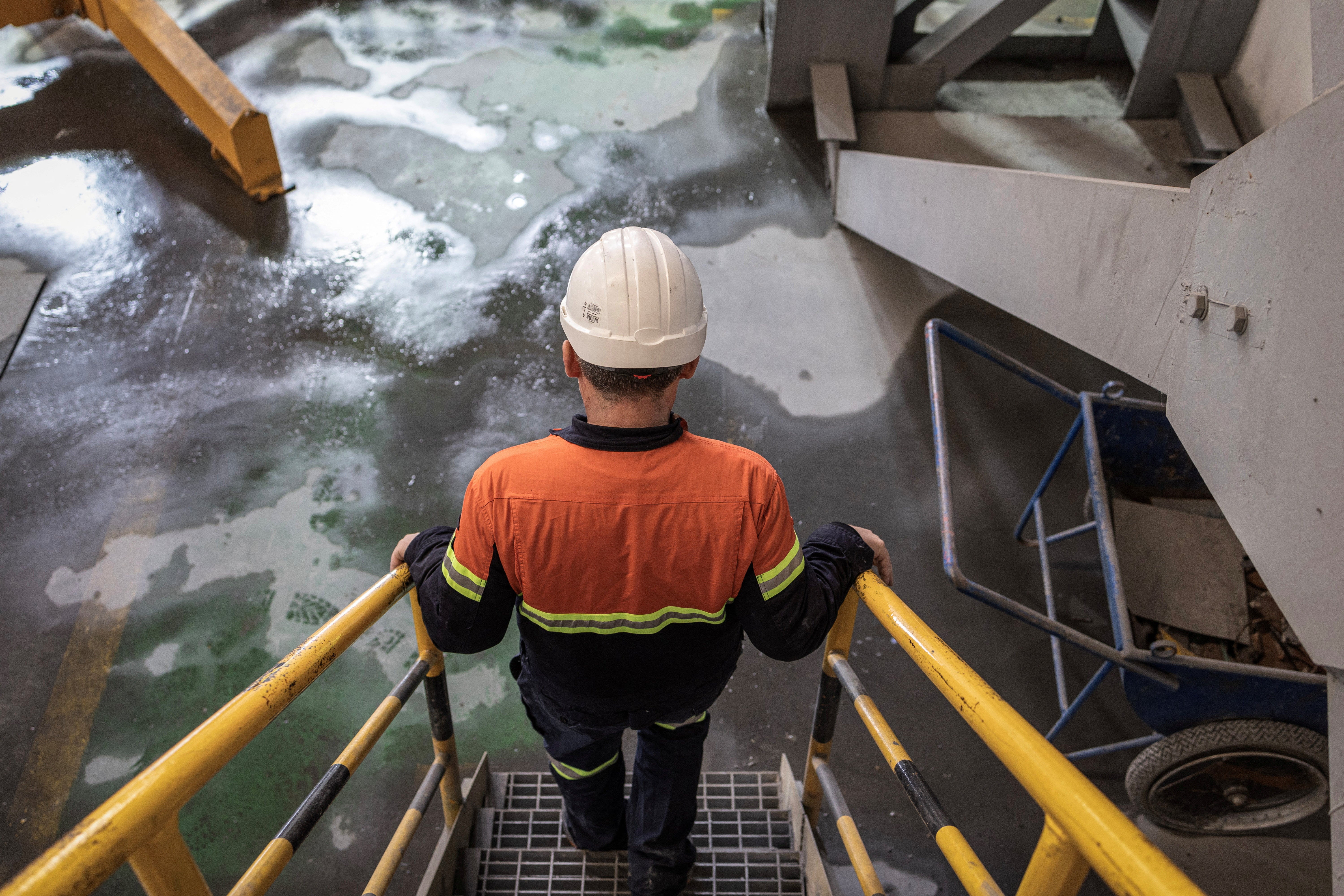
Zijin said it has invested over $100m (£80m) in environmental protection measures to minimise the impact on Krivelj.
“These concerted efforts have directly contributed to improving the environment of the Krivelj village,” the company said in a statement to Reuters.
![Debica Kostandinovic, 58: ‘We have built our house for years, and [with] the money they [Zijin] are offering us for it, we can't buy a single apartment’](https://static.independent.co.uk/2024/04/24/10/2024-04-18T091354Z_202288395_RC2YY6AH8BAN_RTRMADP_3_SERBIA-MINE-VILLAGE-PORTRAITS.JPG)
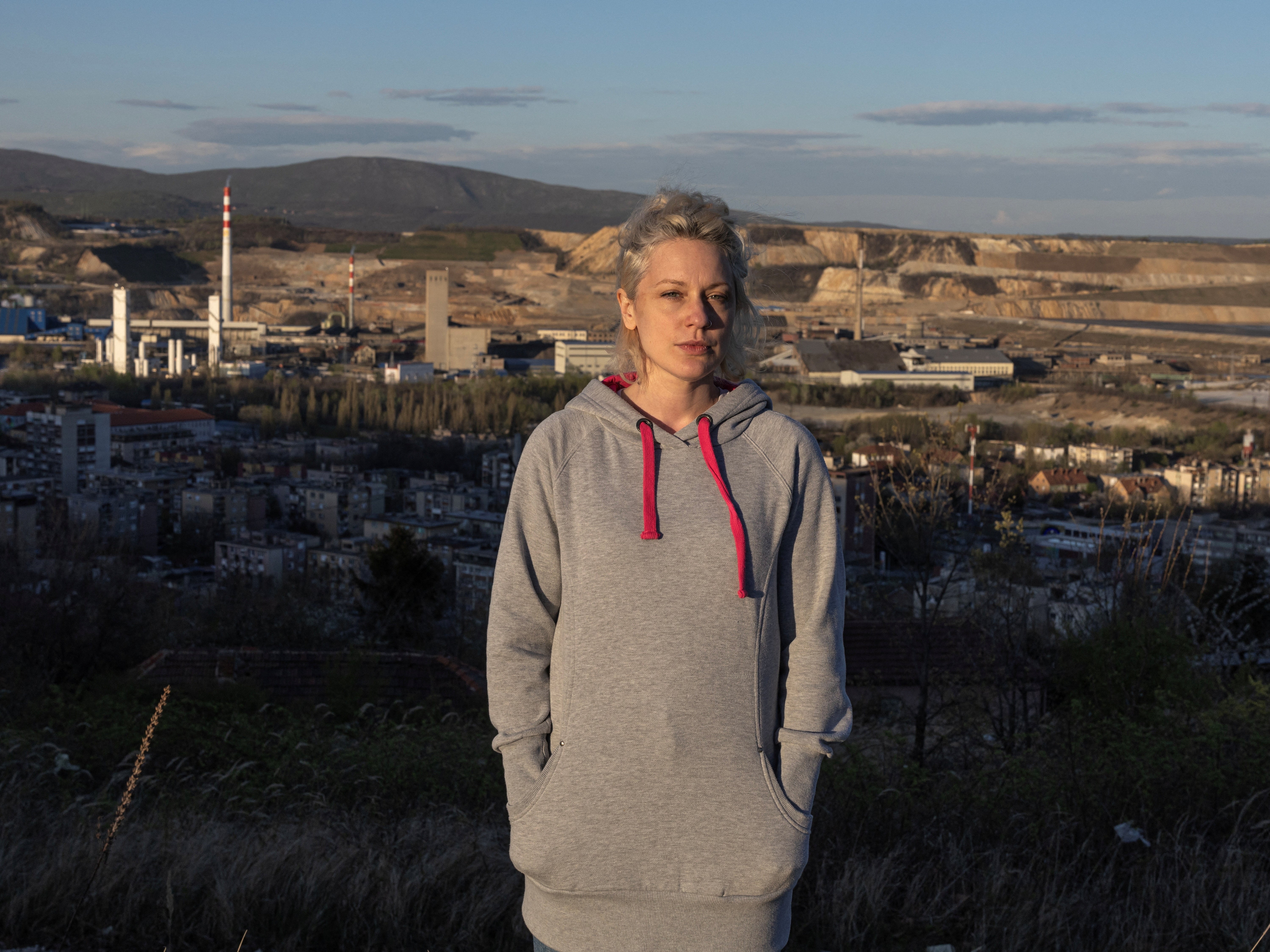
“I want a new village of Krivelj. I need a piece of land, a church and a cemetery,” said Milosava Fufanovic, an elementary school teacher, as she sat on a sofa in her house.
“If all the people leave the barricade, I will be the last standing.”
Reuters
Join our commenting forum
Join thought-provoking conversations, follow other Independent readers and see their replies
Comments